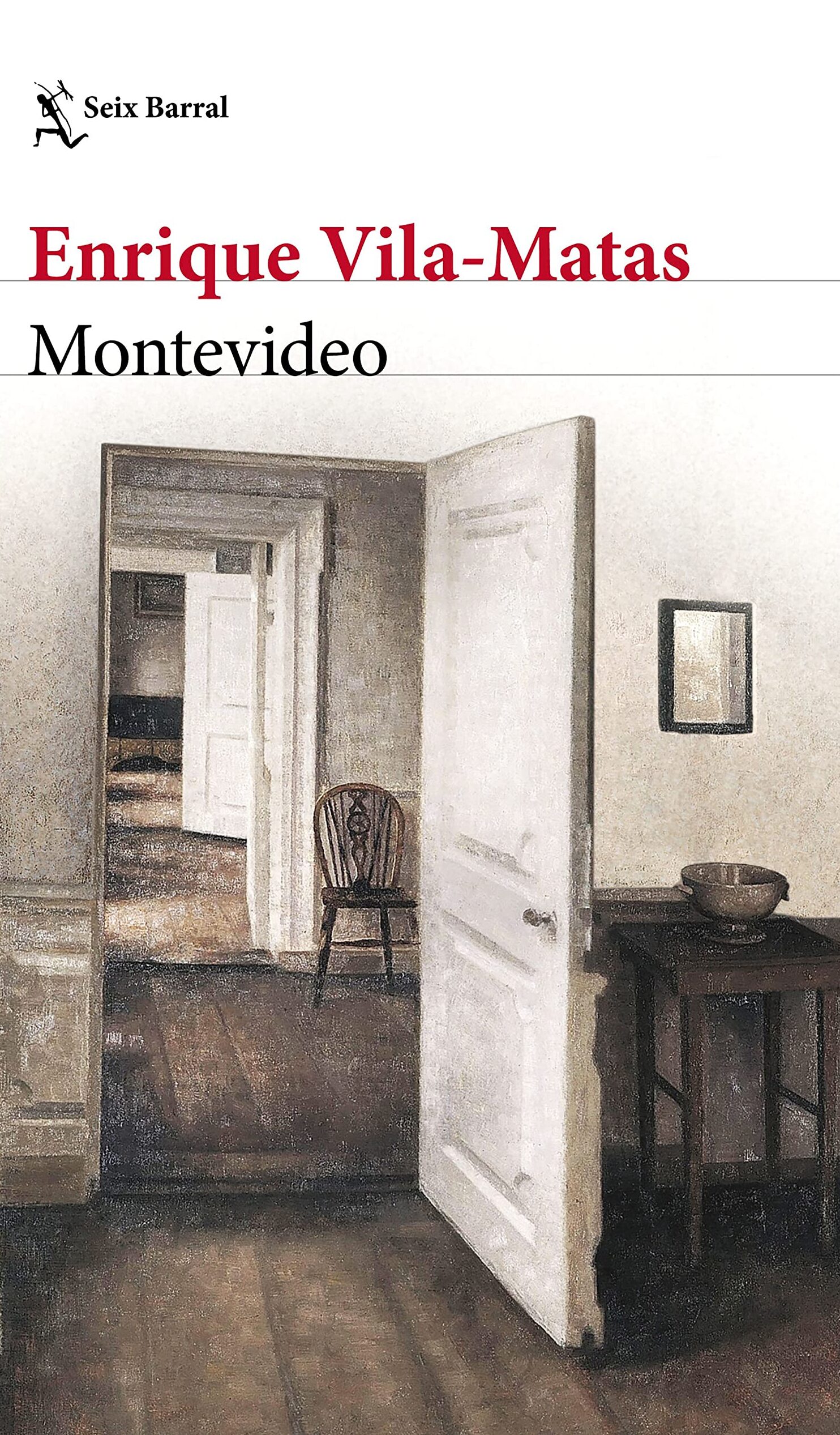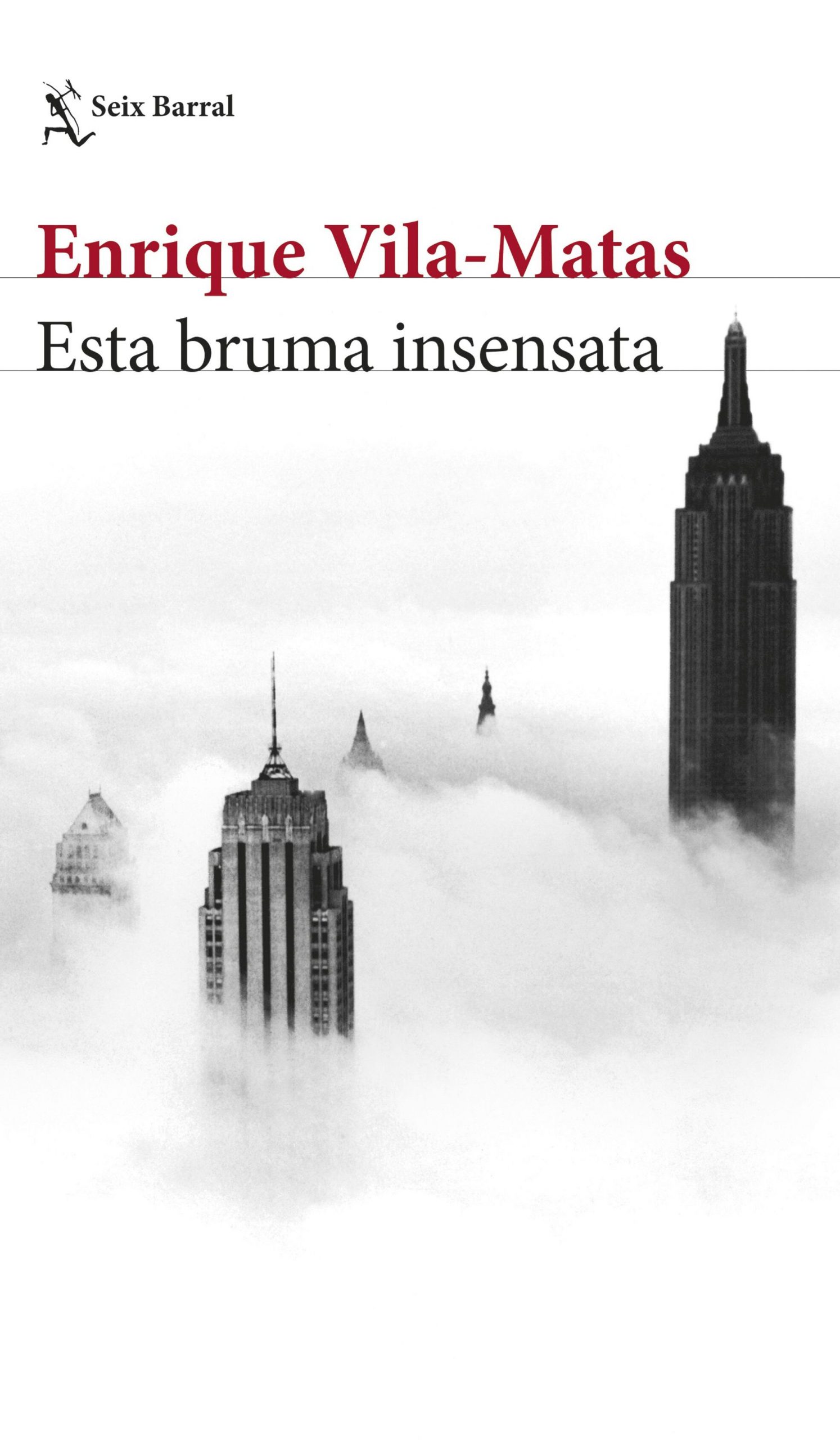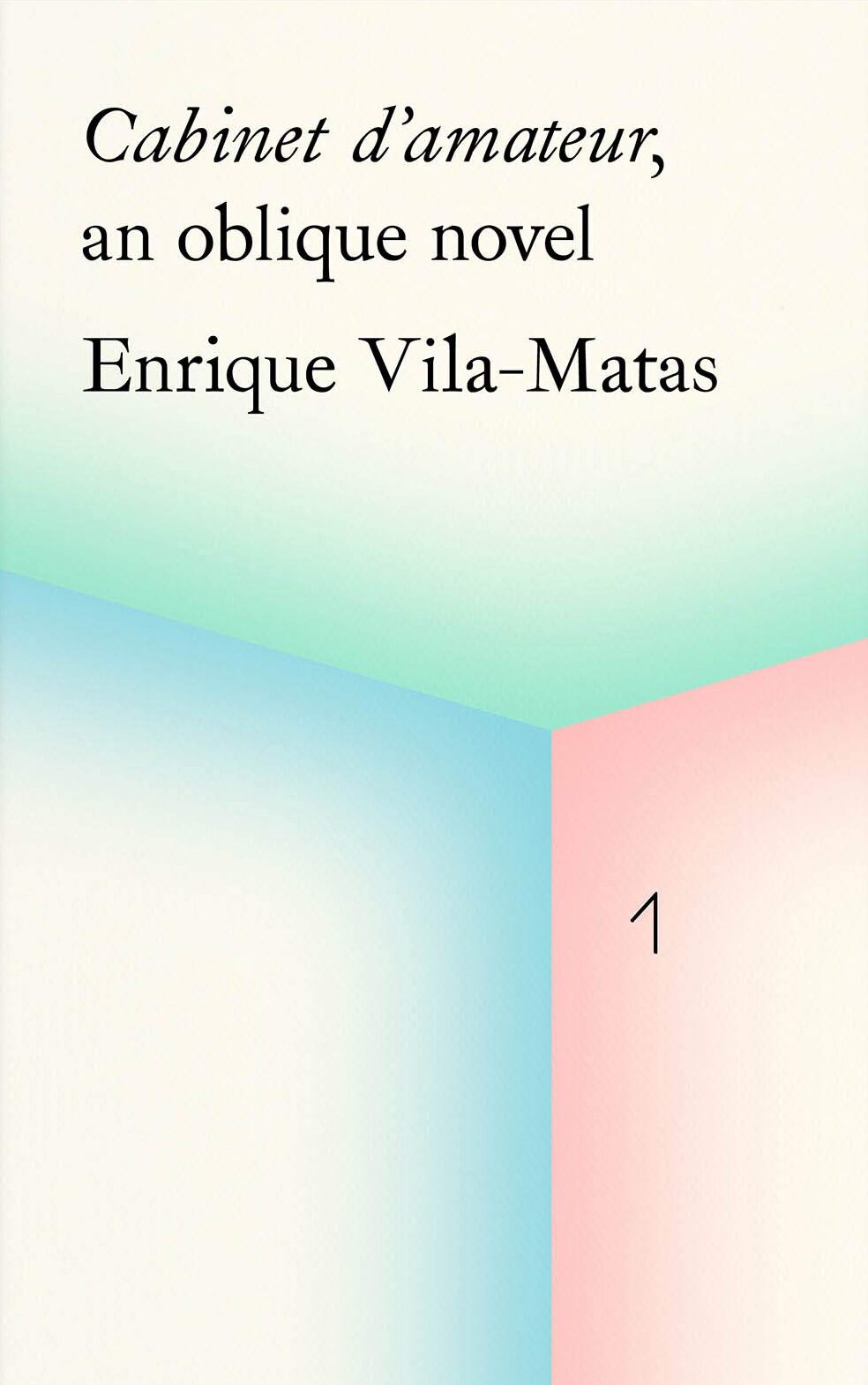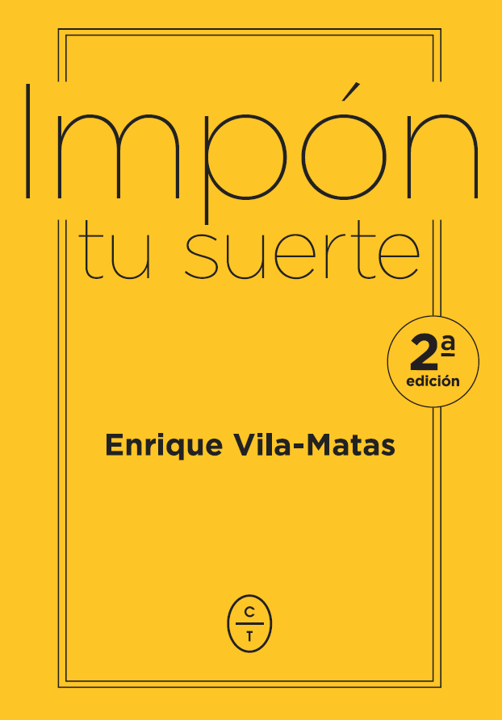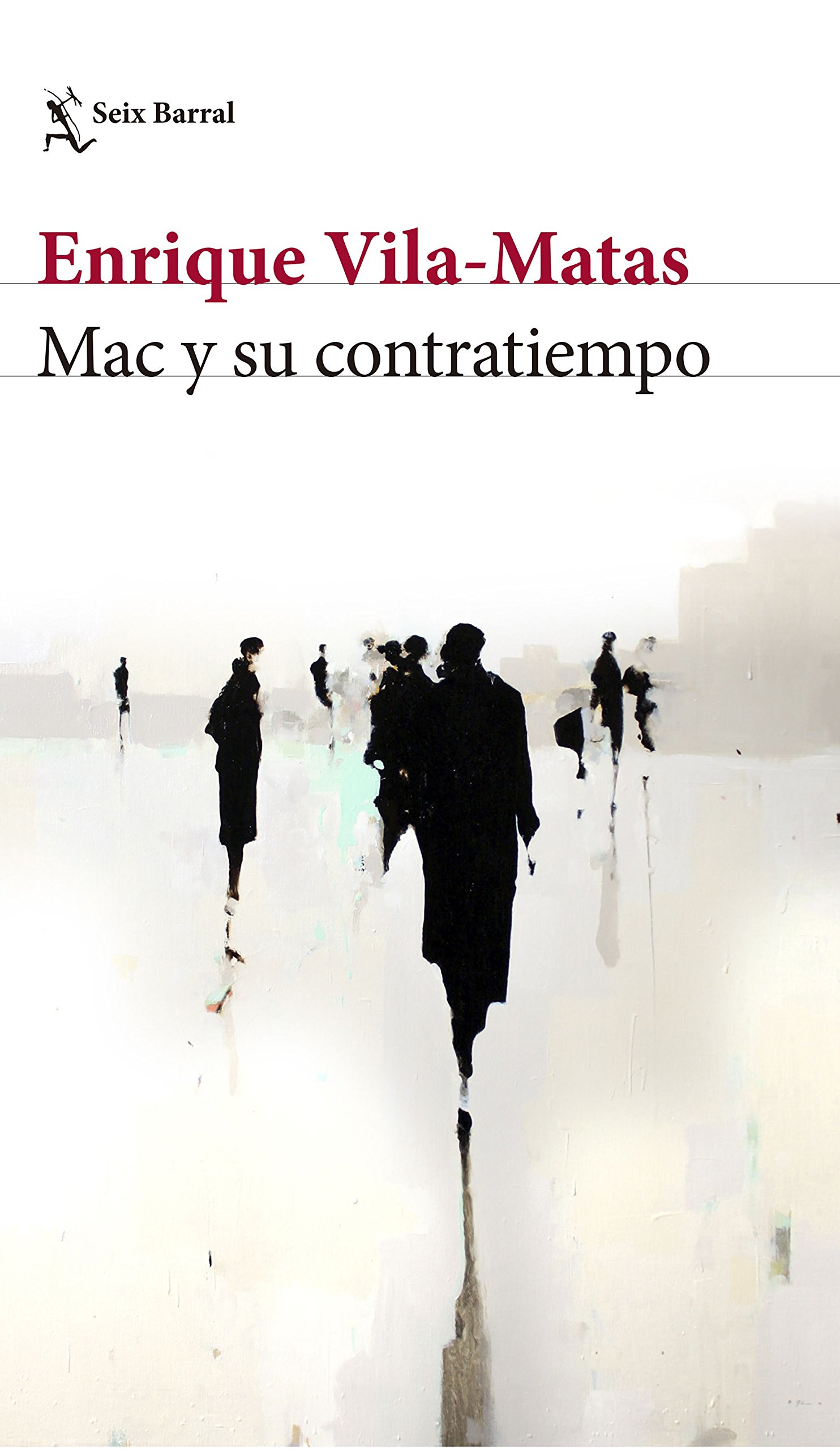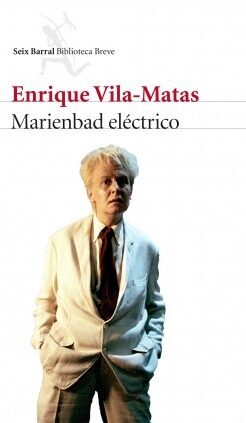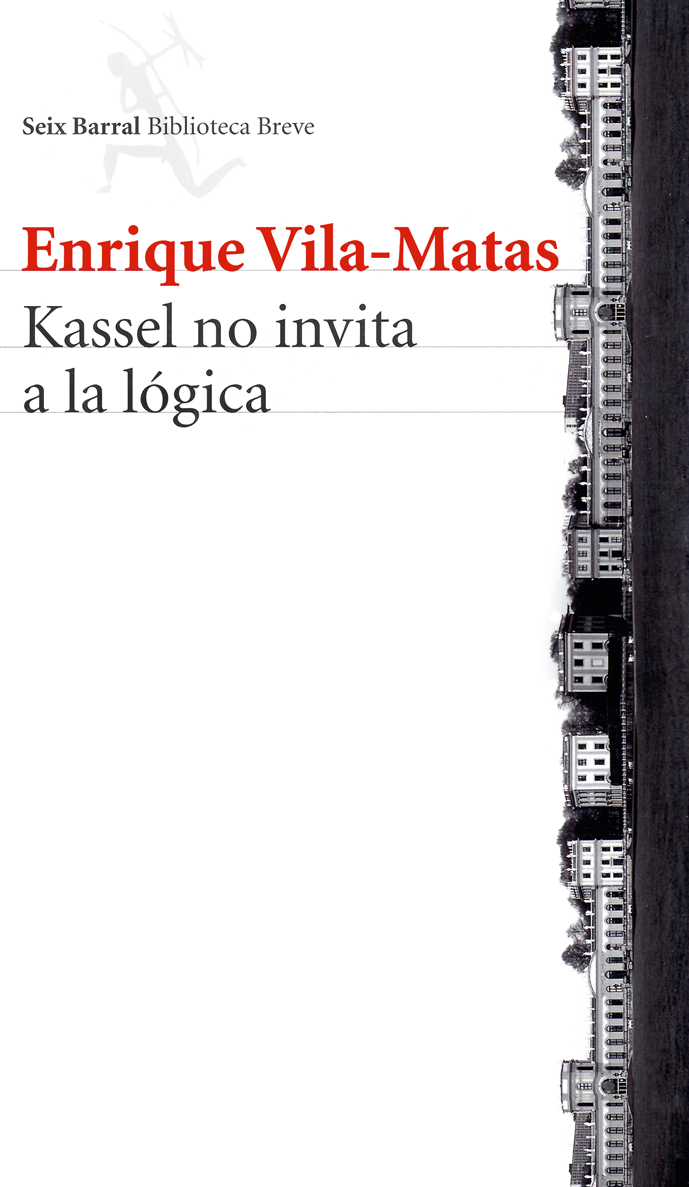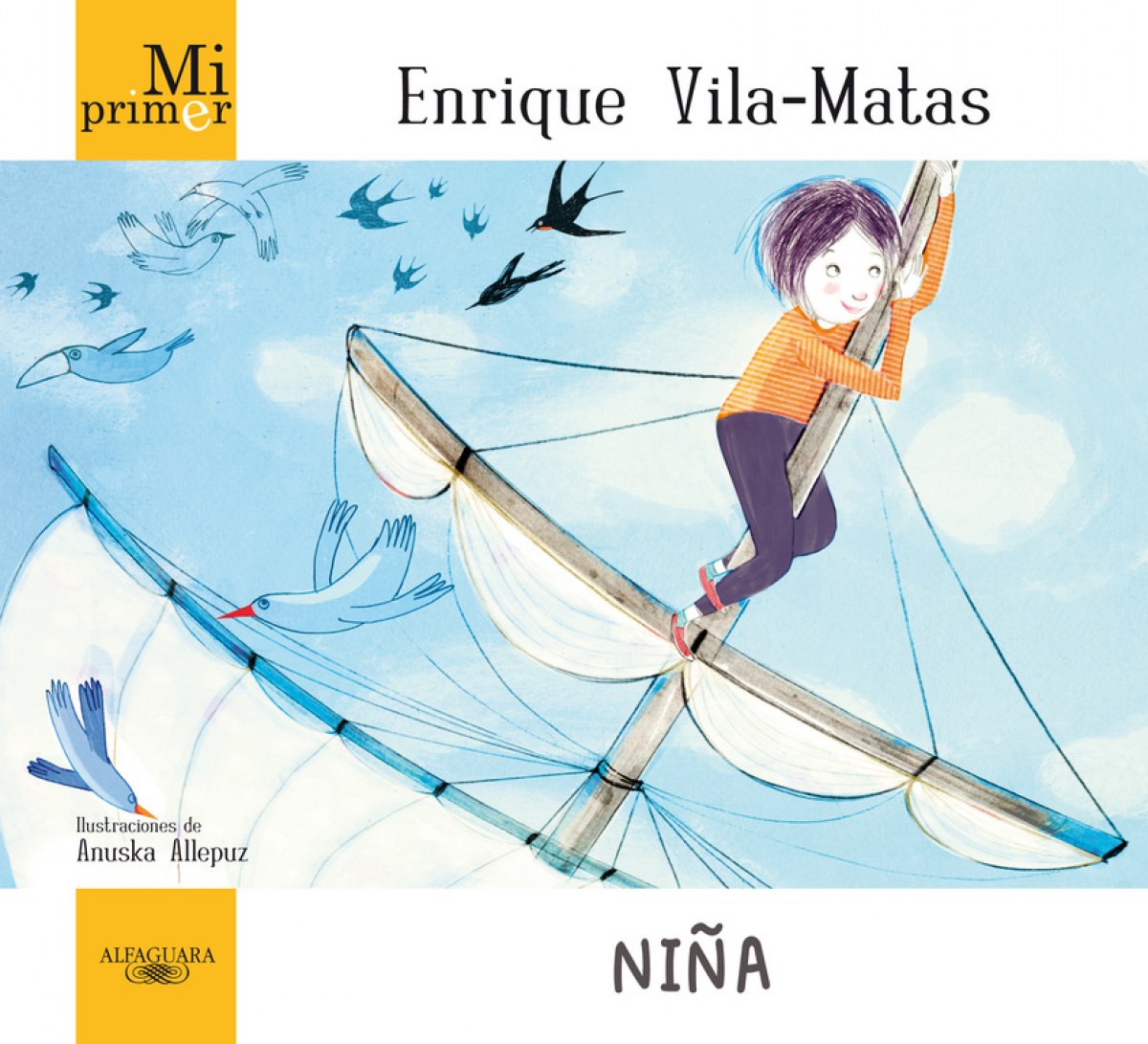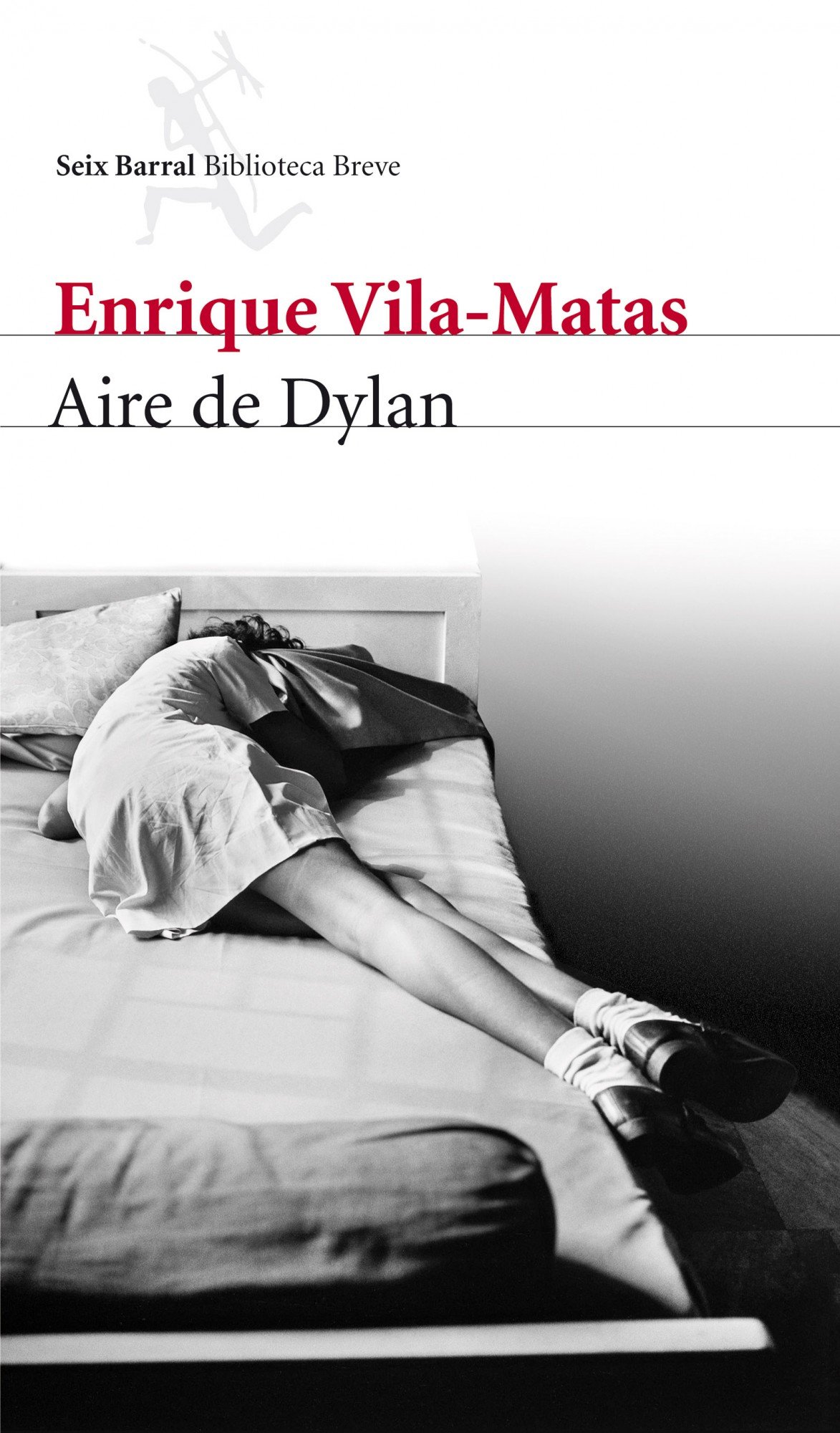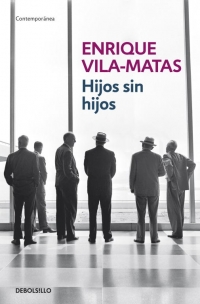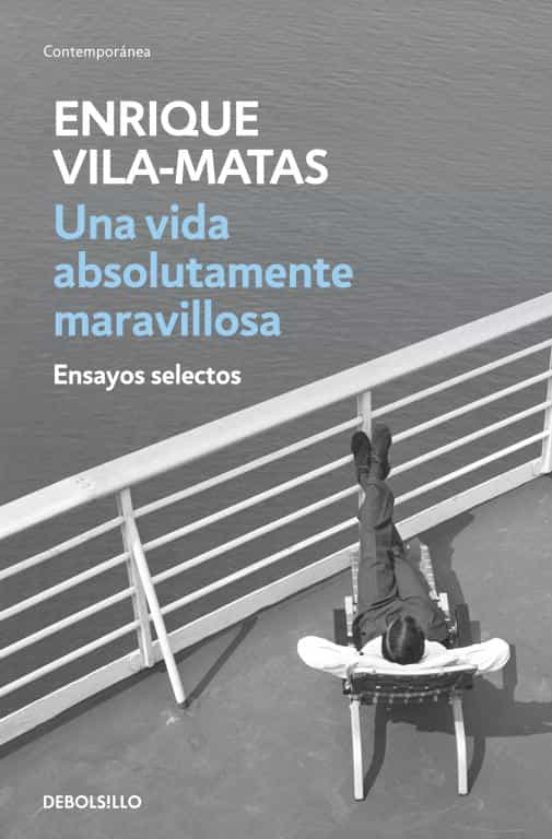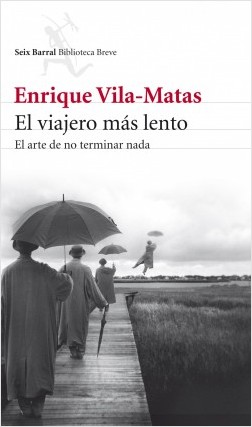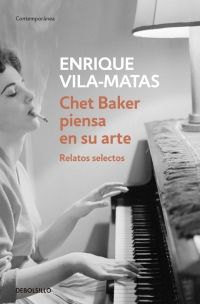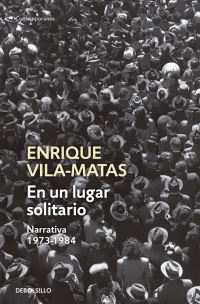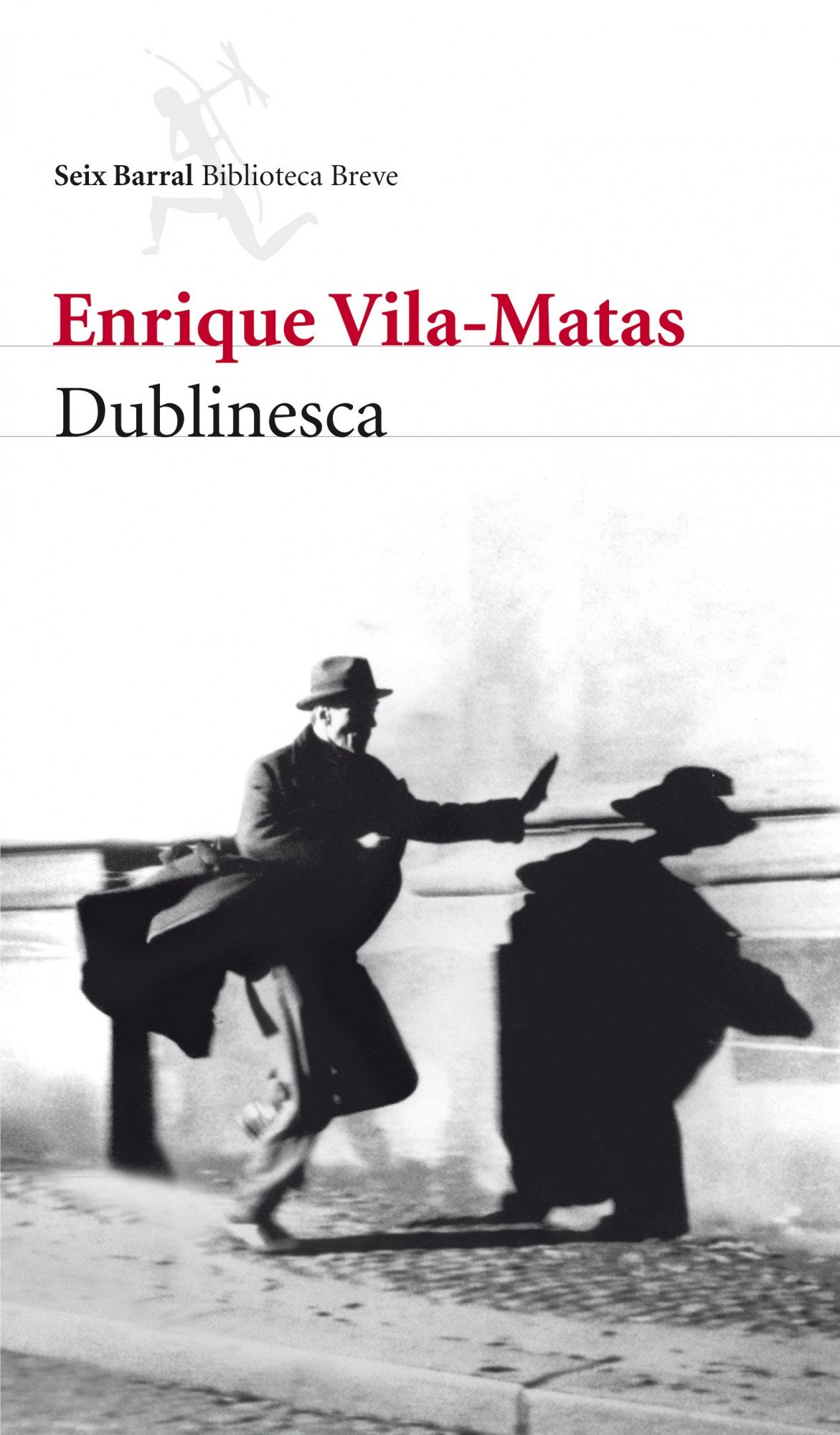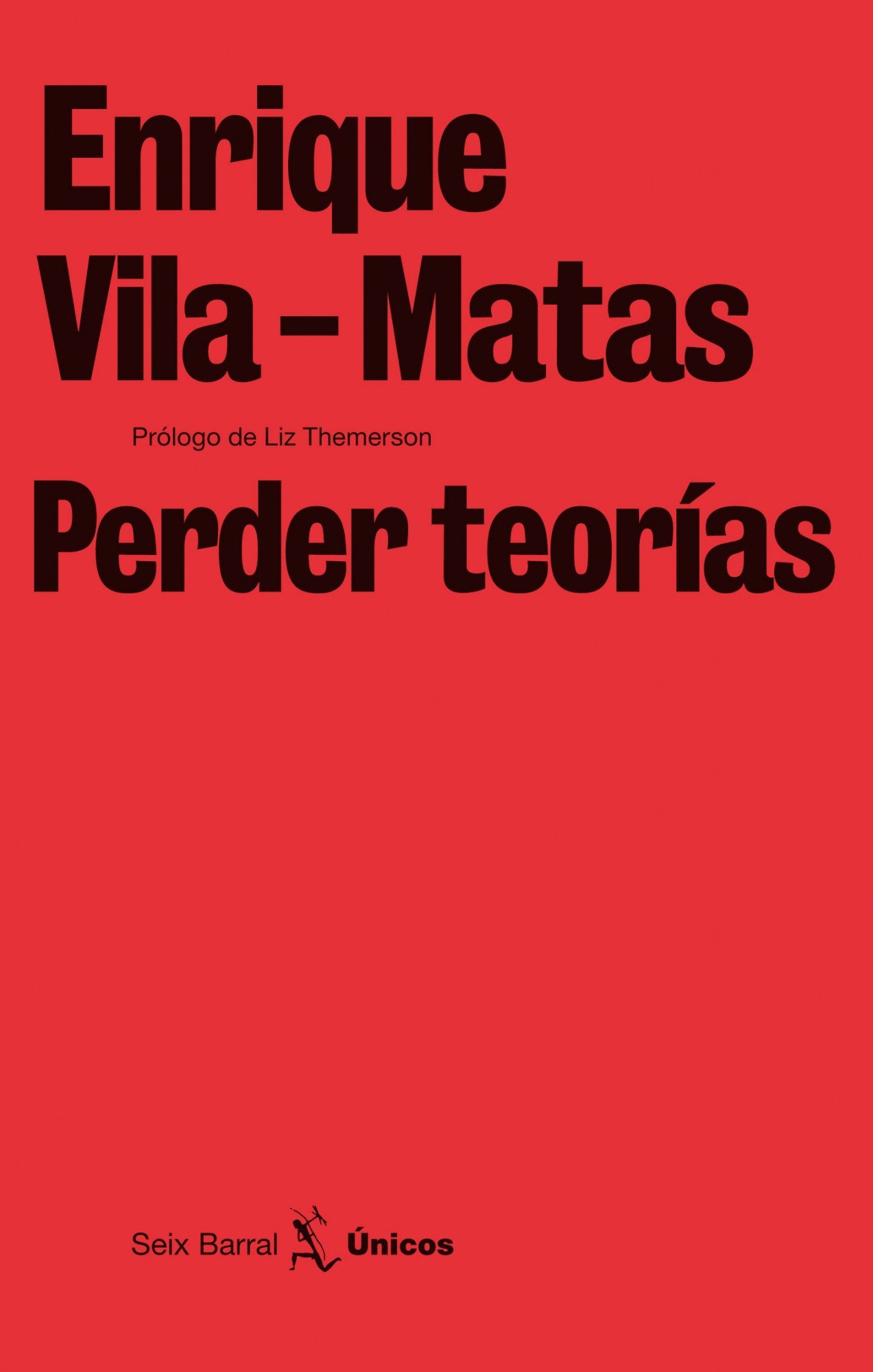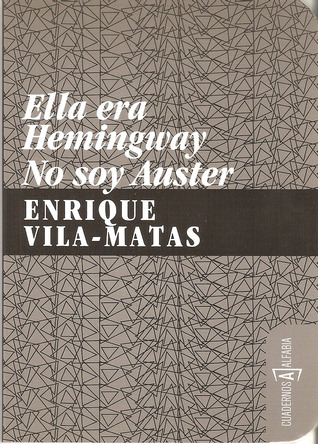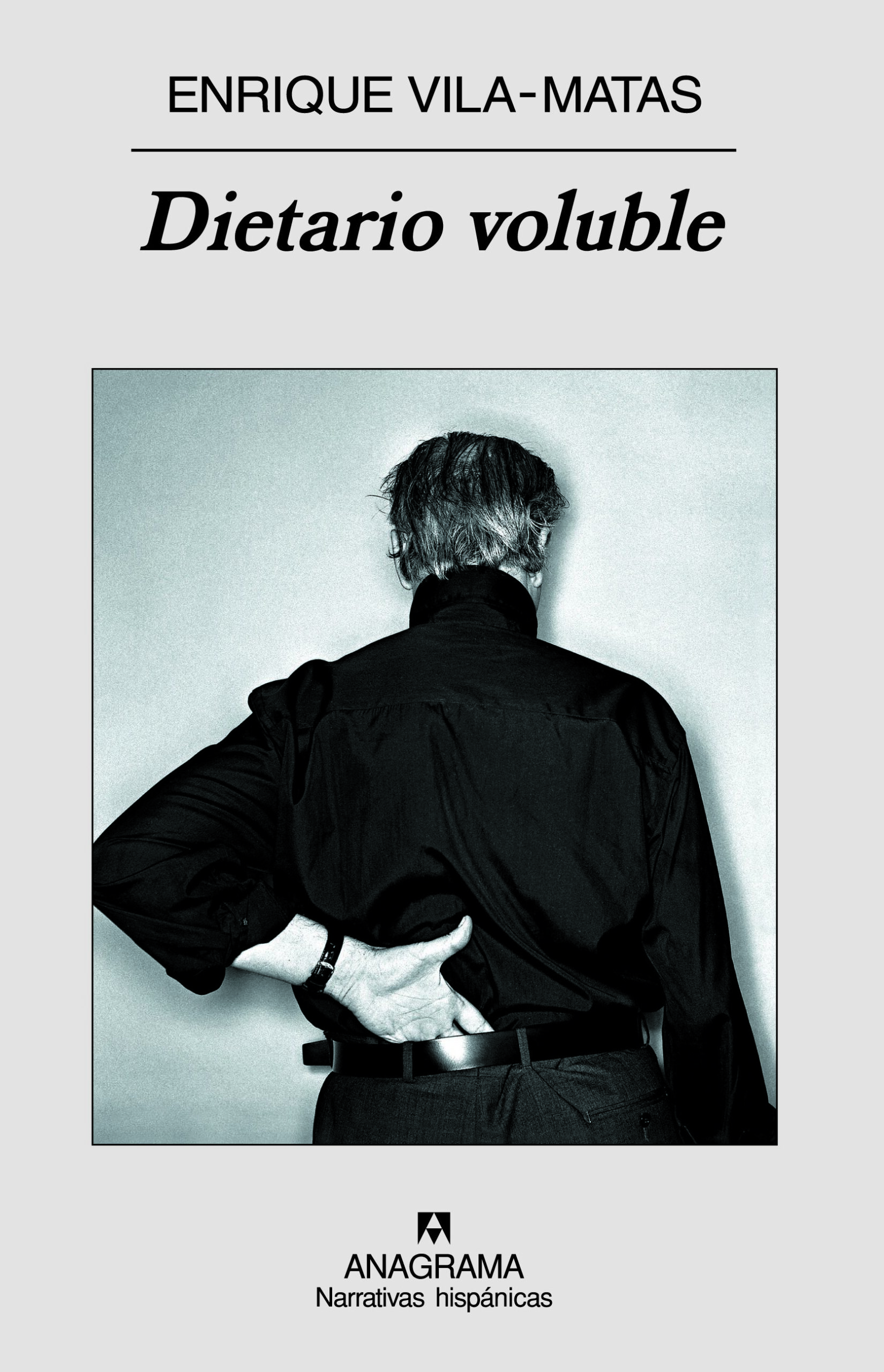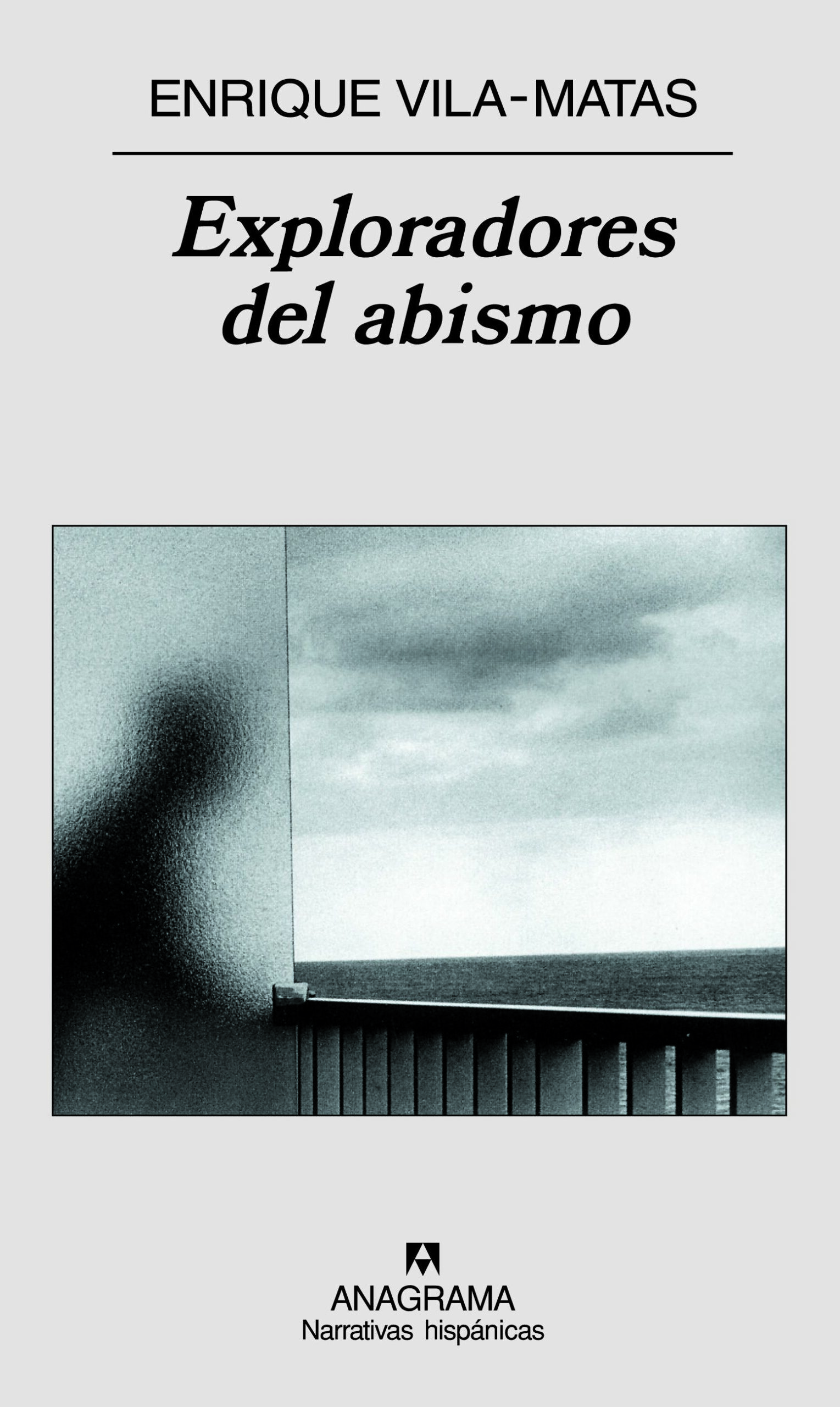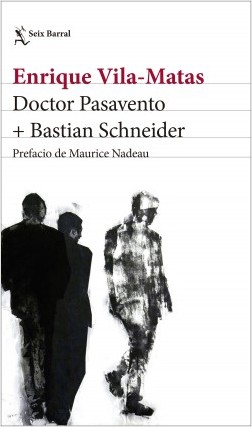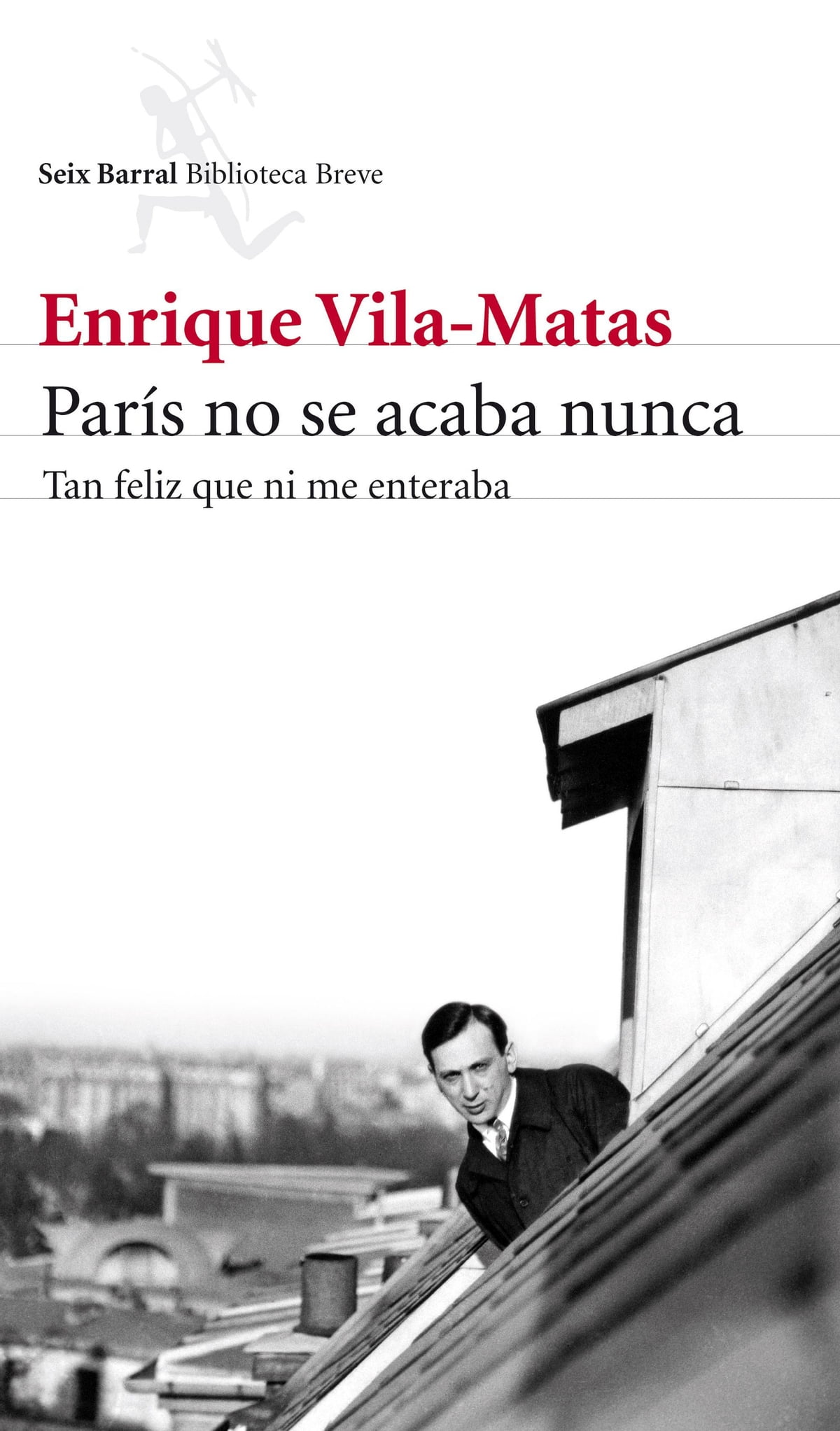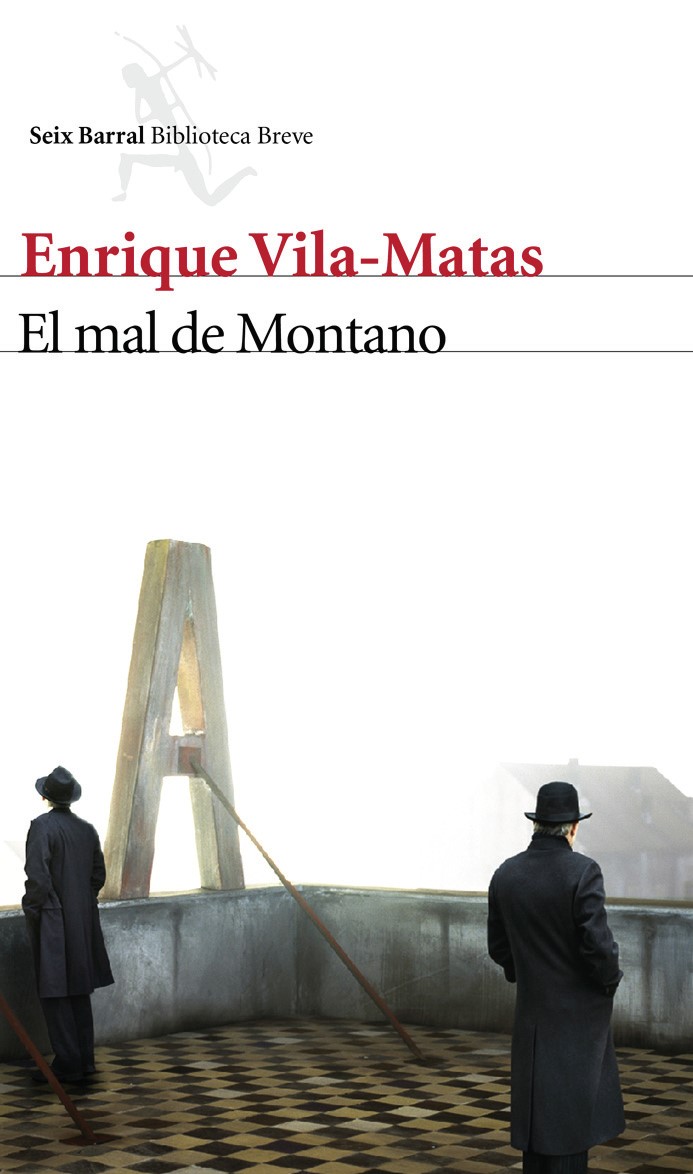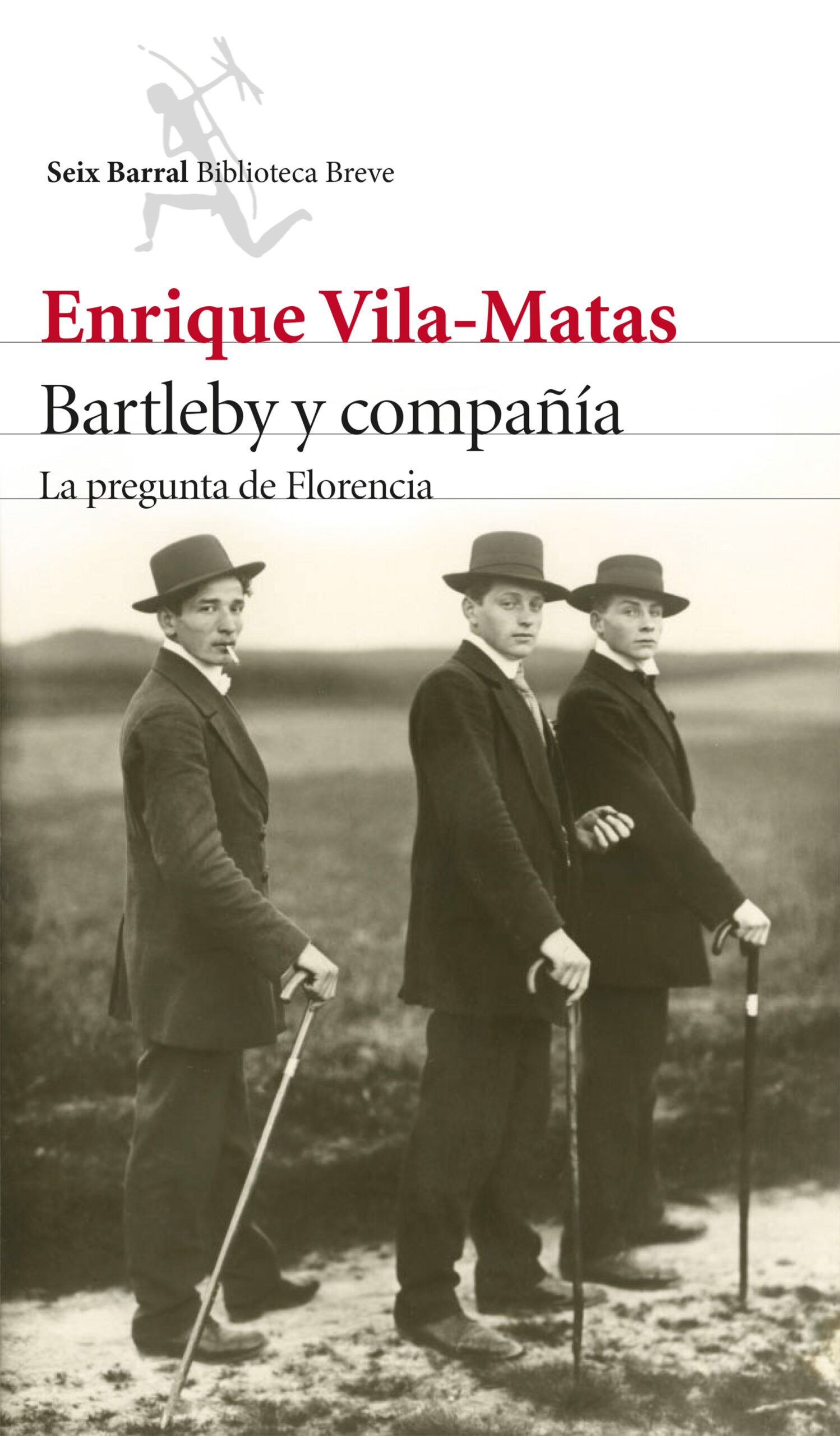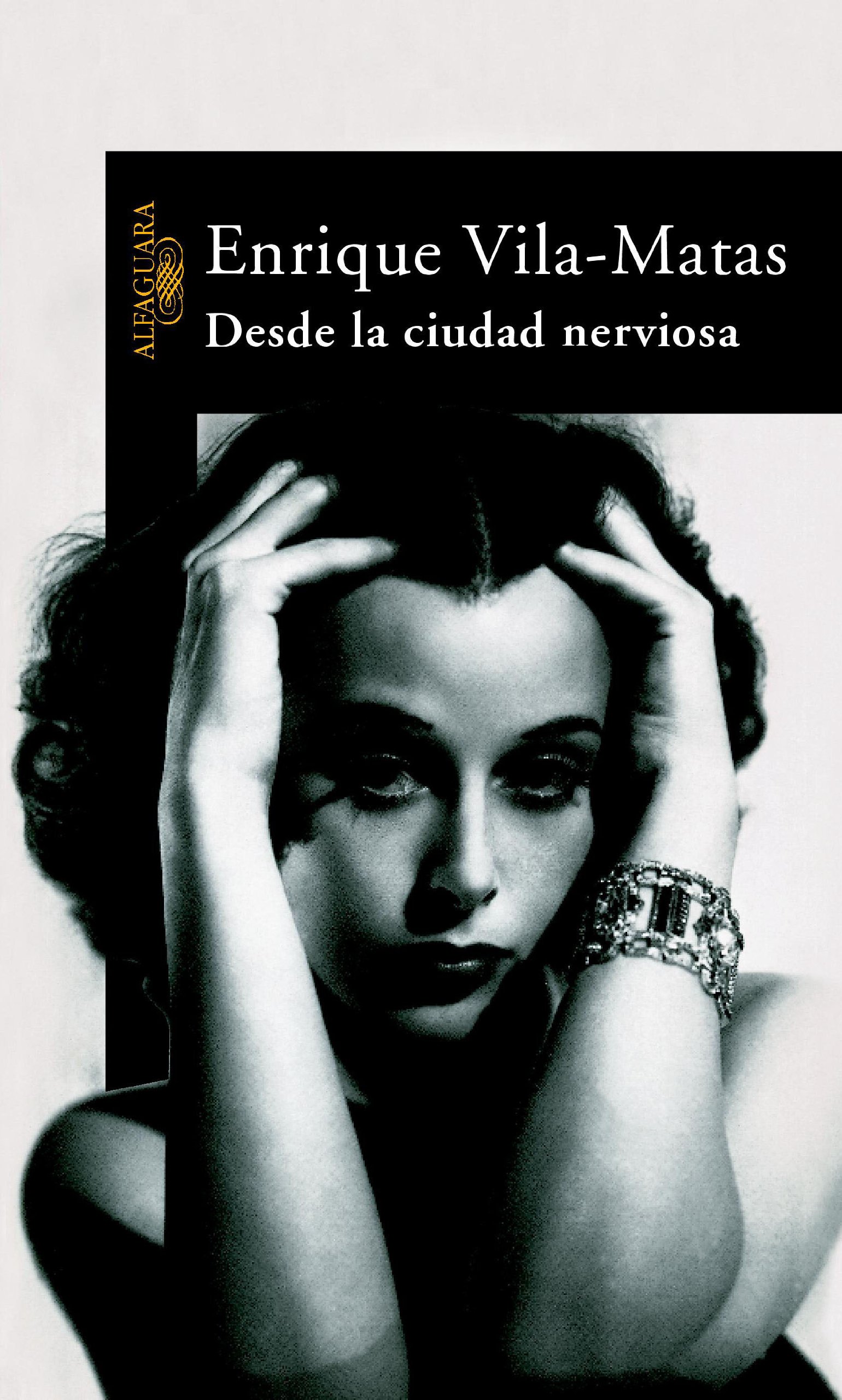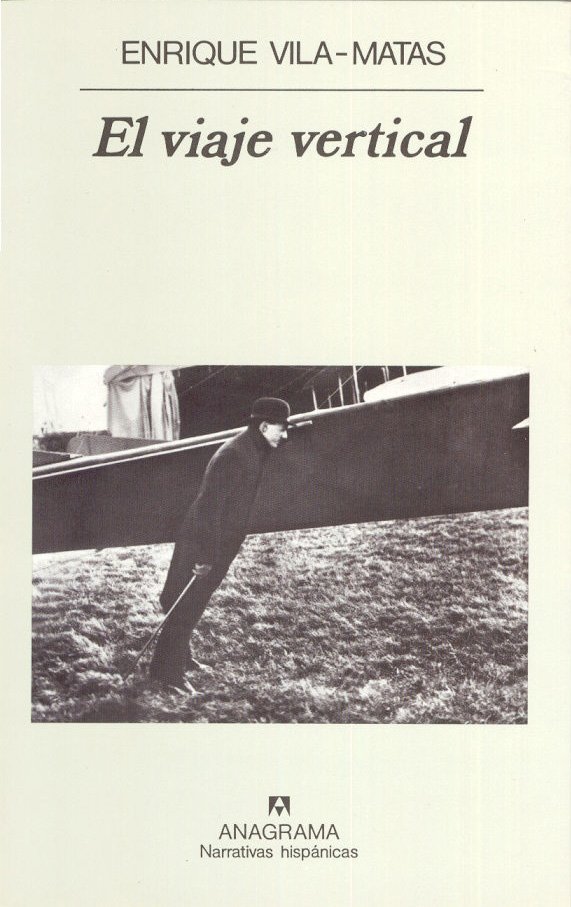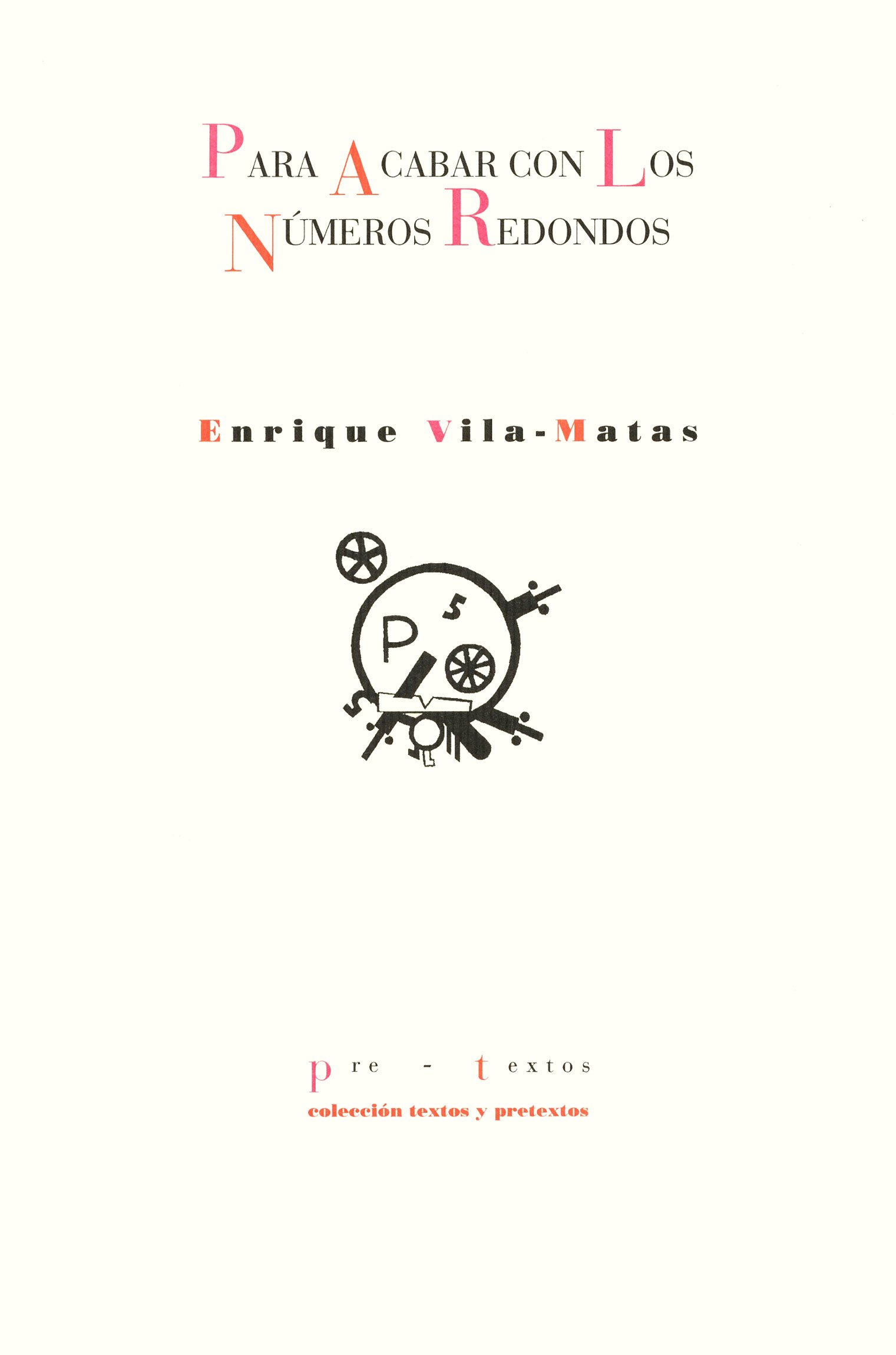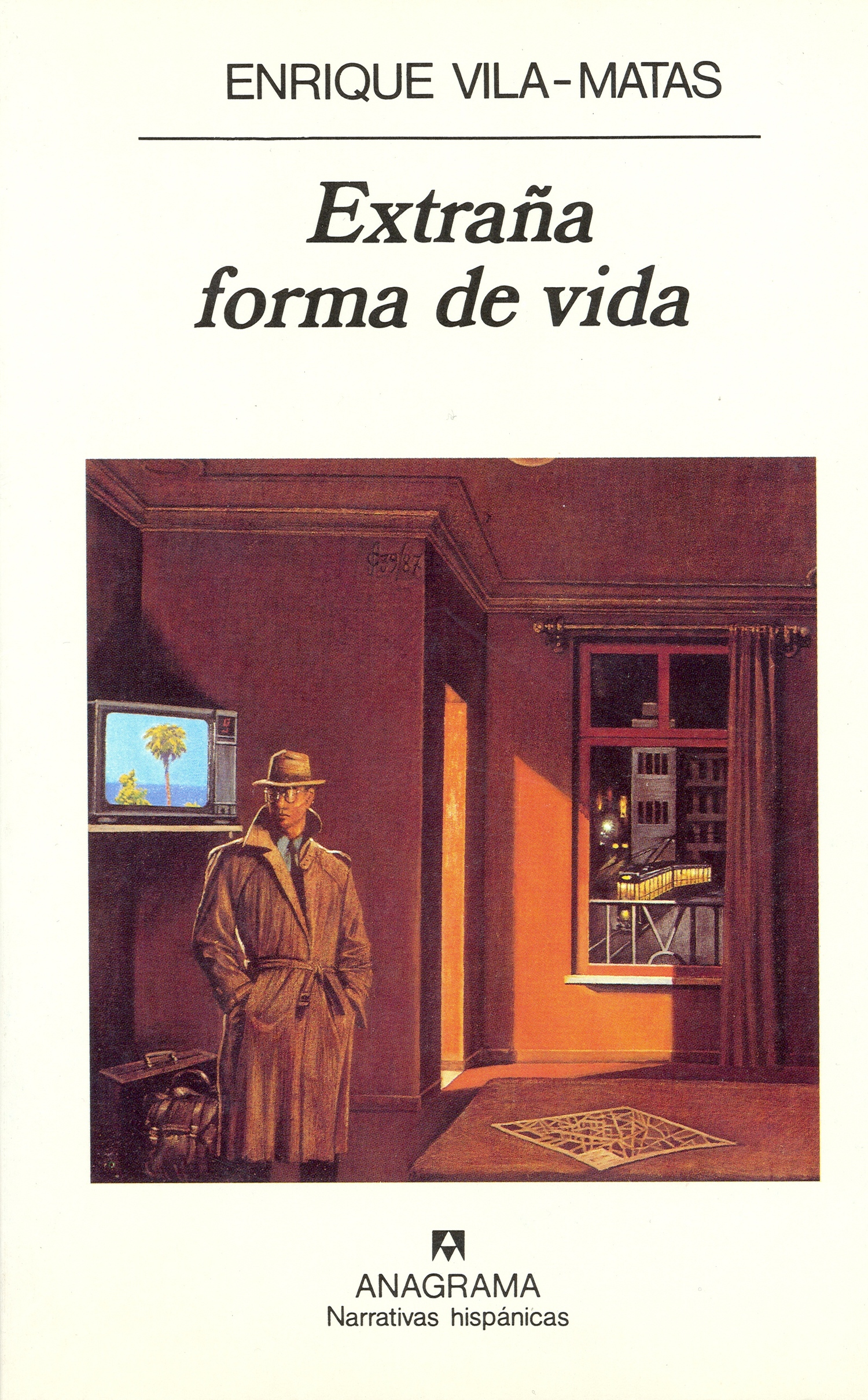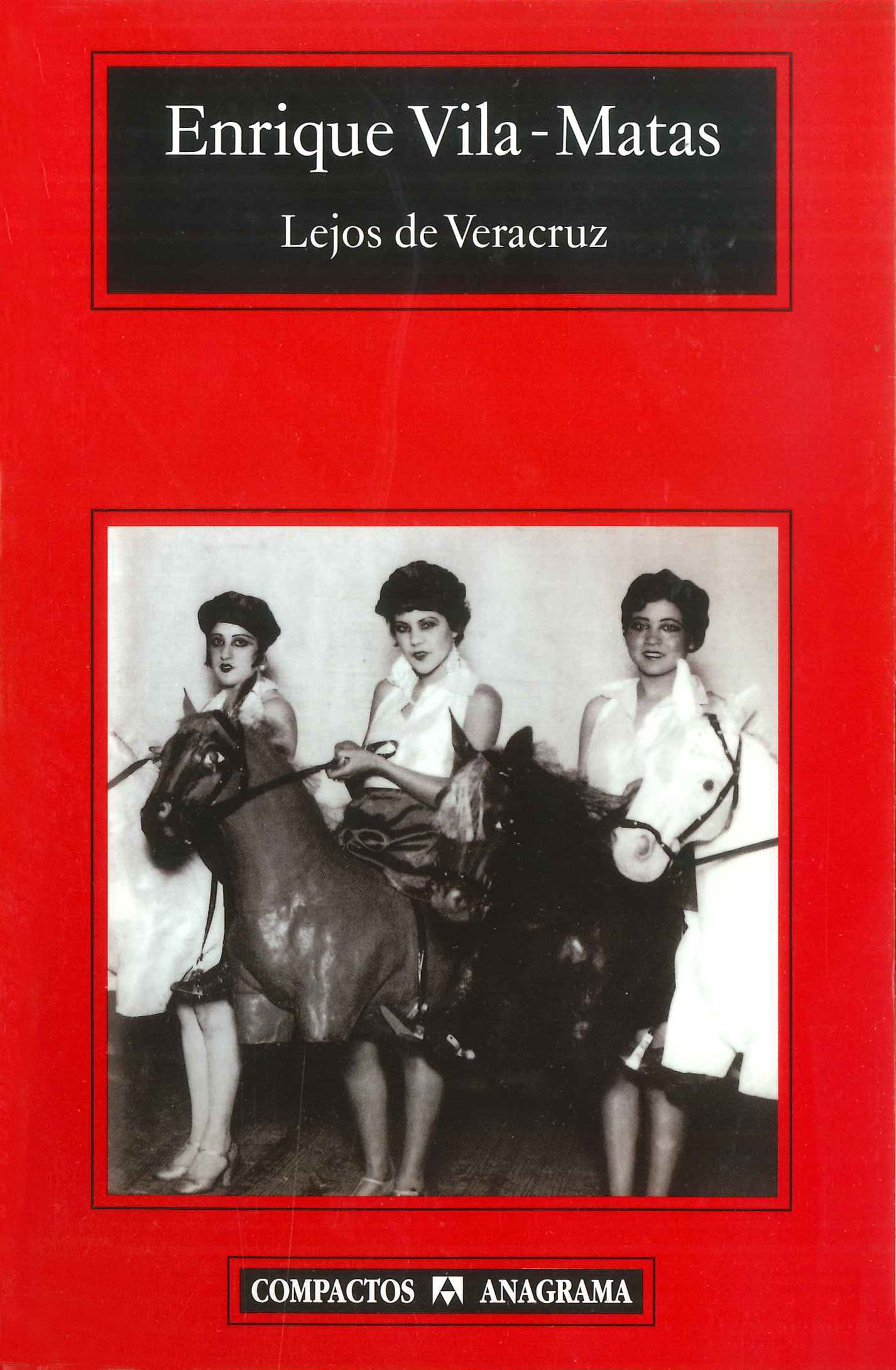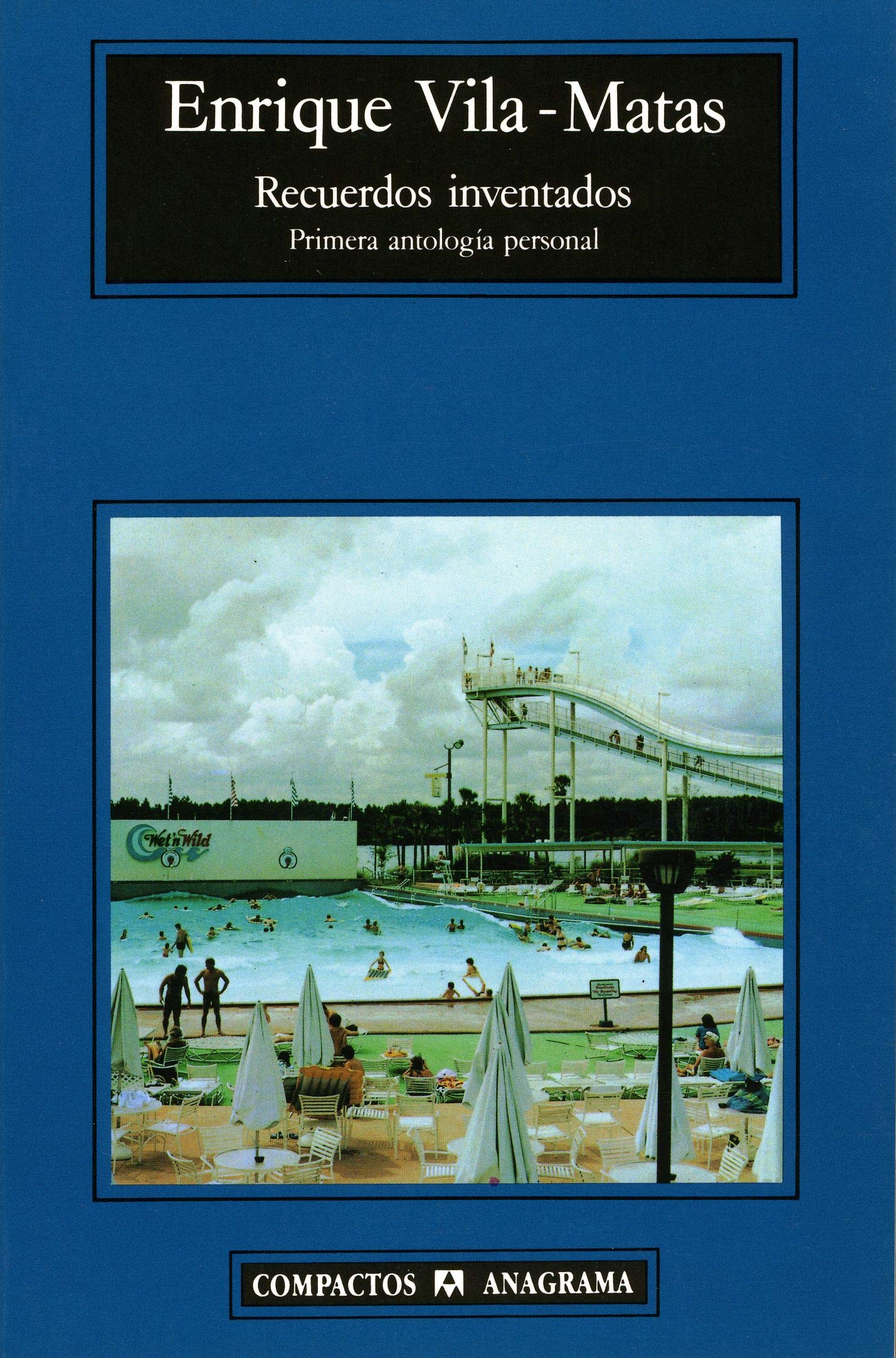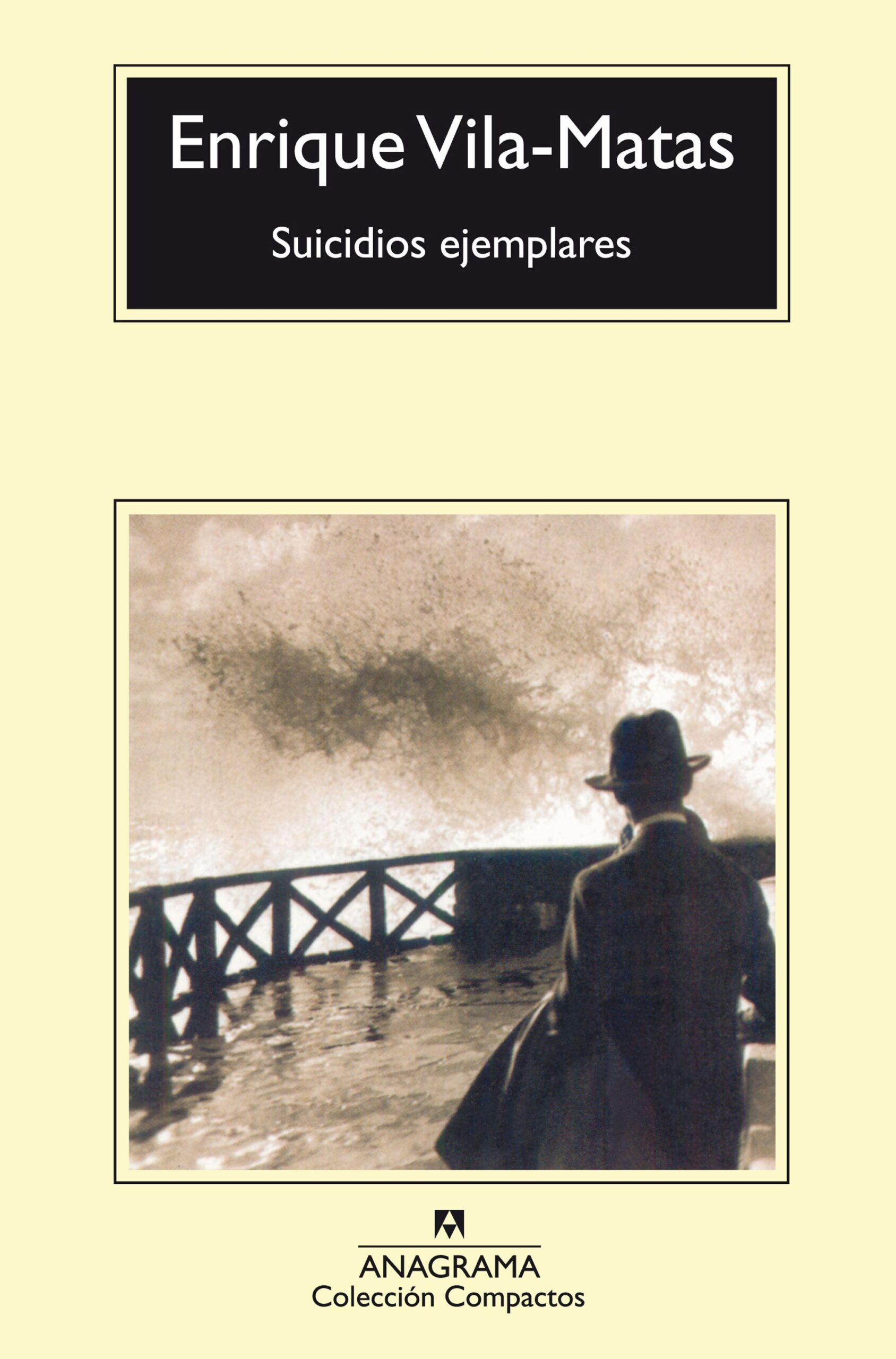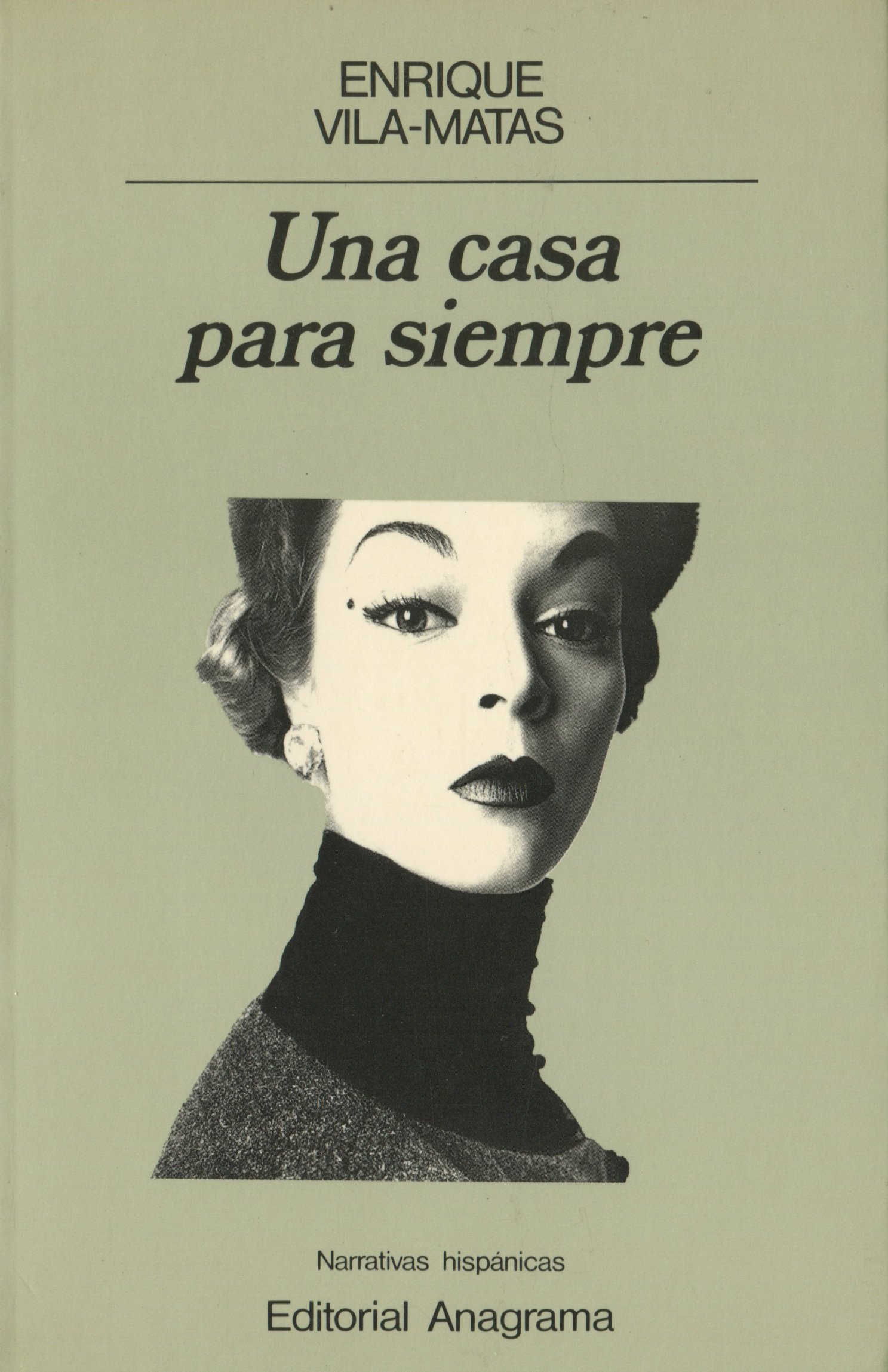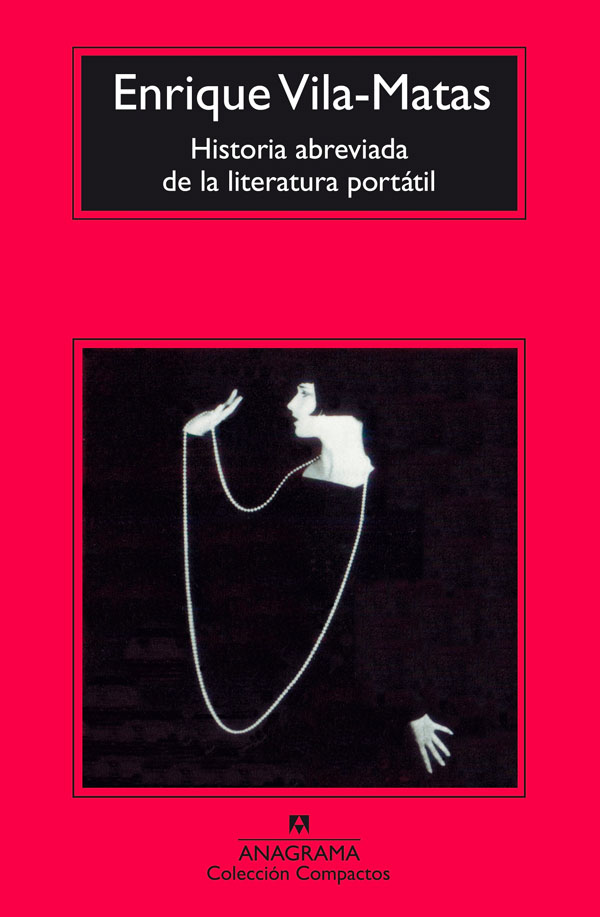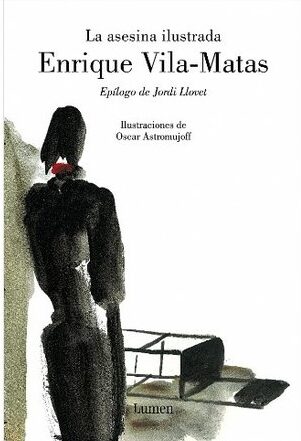
Impostura
The photograph of an anonymous mental patient found stealing funeral casks in a Barcelona cemetery, and who said he remembered nothing of his past, appeared in 1952 on the pages of La Vanguardia in order to identify the subject.
Immediately Sra. Bruch recognises her husband in the photograph of the amnesic – the illustrious phalange writer Ramón Bruch, who disappeared in the midst of the Blue Division campaign in Russia. But another woman enters the scene, claiming that the man is, in fact, the typographer Claudio Nart, an old anarchist, extortionist and half-pint robber.
From this misunderstanding, the astute amnesic will establish a game of interests and suspicions, involving the reader and with the complicity of the author, which make for a disconcerting story on the subject of impossible identity – a subject that is skilfully articulated for the purpose of literature and the strength of the writer’s voice in the heart of the literary discourse.
Written and published by Vila-Matas in 1984, Impostura is based on a well-known true story – the Canella-Bruneri case, which came to light in Italy in the twenties and divided the country in favour of one of the two identities of the amnesiac detained in Collegno mental hospital, who two women from different social backgrounds passionately recognised as their husbands. This true story was the inspiration for a play by Pirandello, Come tu mi vuoi (Greta Garbo and later Claudia Cardinale starred in it), a film by Sergio Corbucci with Totó, and the great books by Leonardo Sciascia and Susan Sontag.
«A story told with skill, which reveals to us that its author is a natural-born writer.» L. Azancot, Abc
«An extremely accomplished work that makes you put your hand to your mouth if you don’t want to get a fly stuck in your throat. A delight.» Víctor Moreno, Egin
«A radical departure from the usual canons of realism. One of our most original and restless young new storytellers.» Mercedes Monmany, Diario 16
«Enrique Vila-Matas is one of the most malign authors and the worst enemy of public morale that has ever been written about.» Jordi Llovet, La Vanguardia
France: Bourgois; French Pocket: Titres
